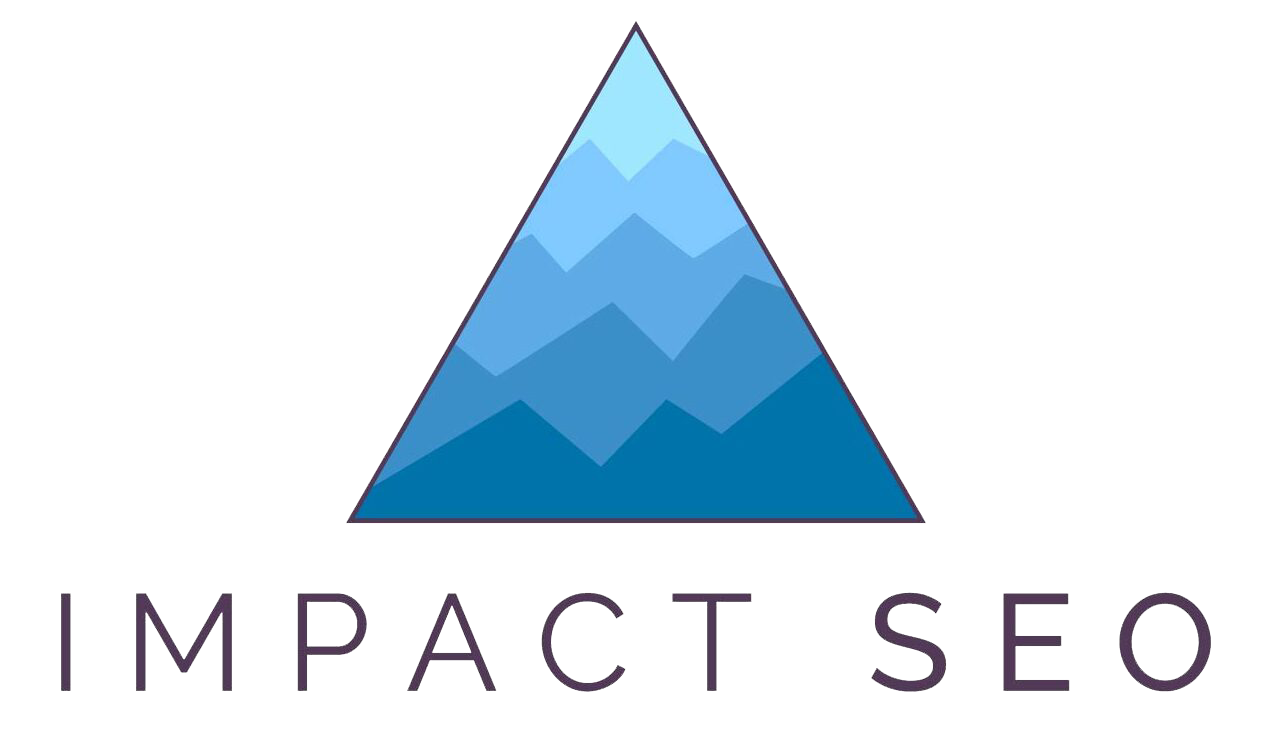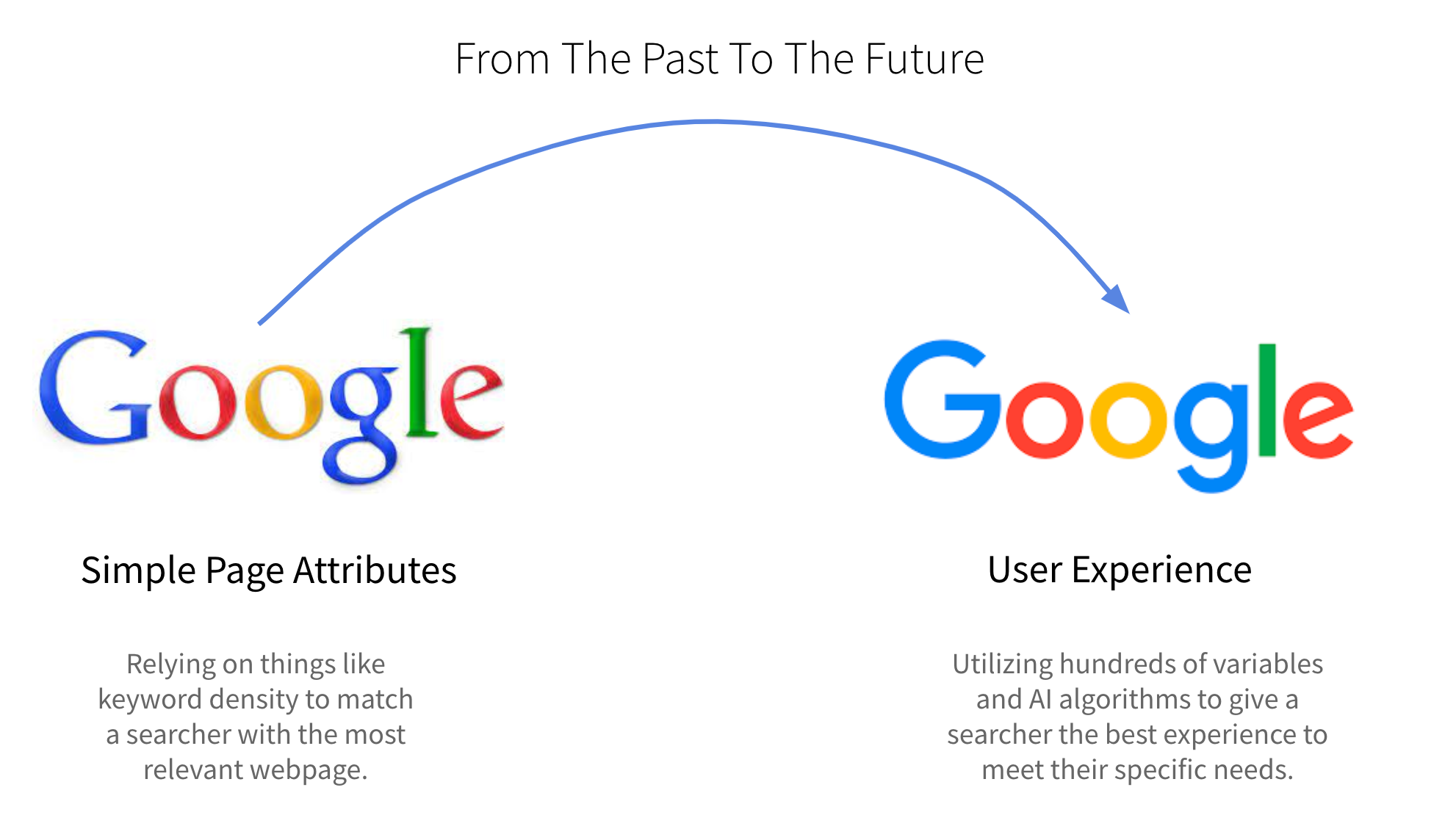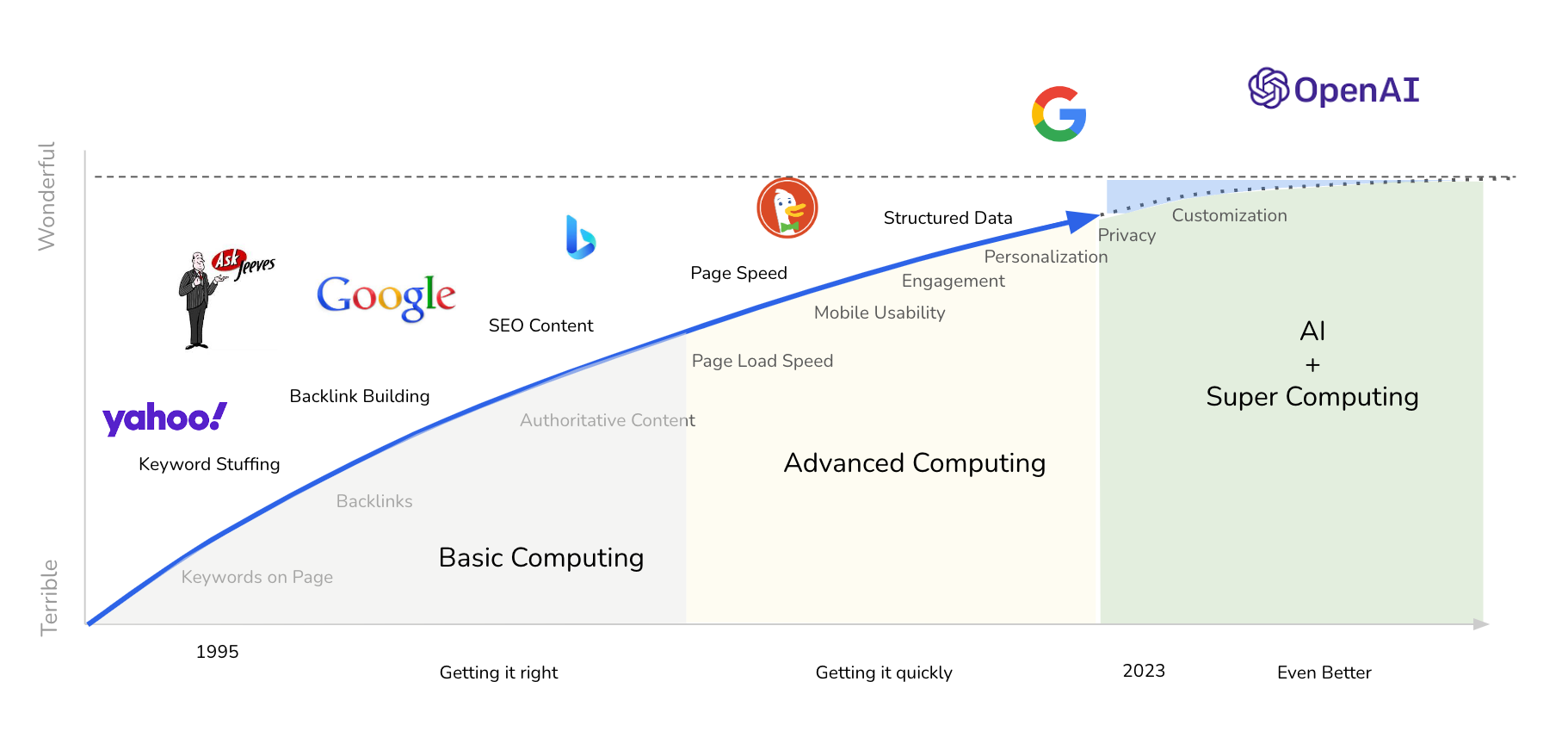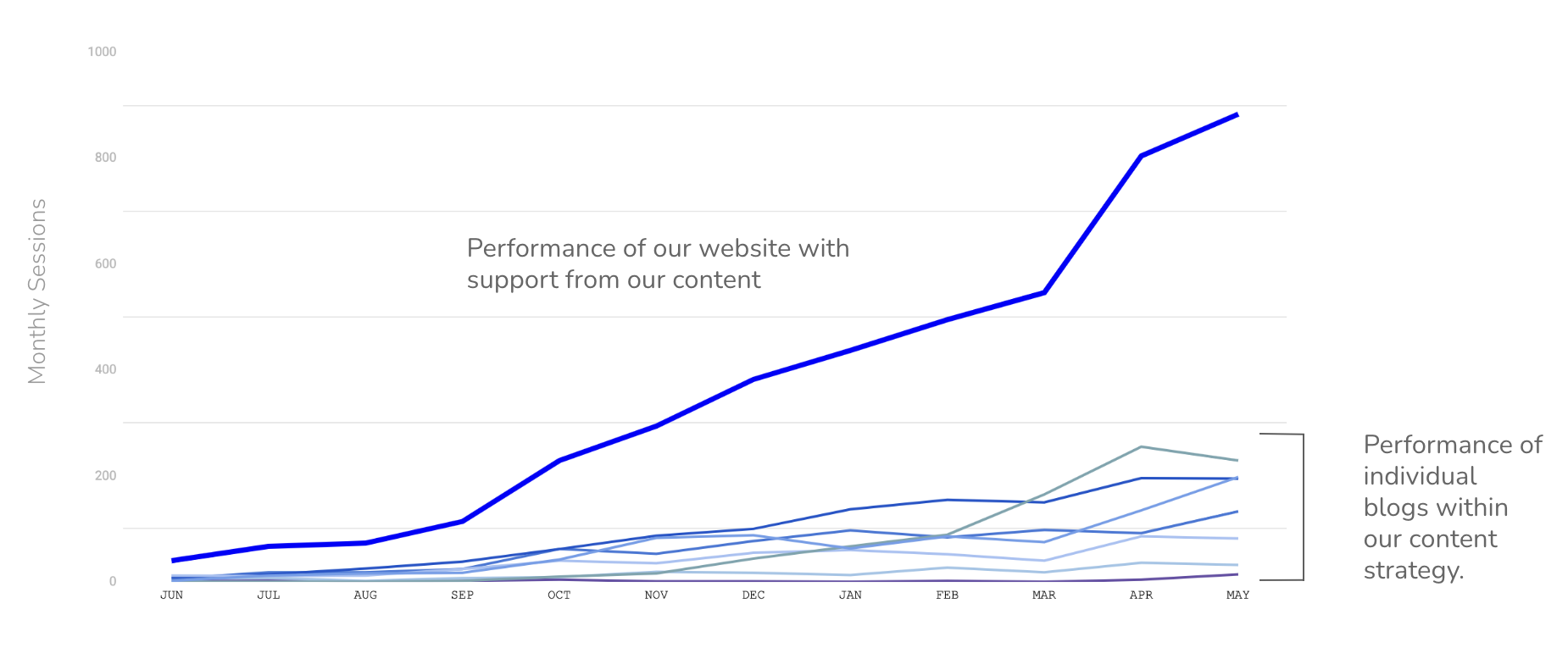On December 14, 2022, Google released the latest link spam update. In this update, sites lost search ranking credits that resulted from unnatural or spammy links. This update impacted site rankings across a variety of site types. The update also extended to all languages.
In this update, Google used SpamBrain, its AI-based spam-prevention system, for the first time to detect sites that buy links.
Rollout Duration
The latest link spam update rollout lasted for two weeks.
What Is Link Spam?
Link spam is a practice that involves creating low-quality links to a website in an attempt to manipulate search rankings. This can include buying links, exchanging links with irrelevant or low-quality websites, and creating spammy comments or forum posts with links to a website.
What Is Link Spam Update?
Link spam update aimed to improve the quality of search results by penalizing websites that engage in manipulative linking practices that are against Google’s guidelines.
This update is part of Google’s ongoing effort to improve the quality of search results and provide a better user experience. By penalizing websites that engage in link spam, Google is helping to ensure that search results are more accurate and relevant to users.
If you’re a website owner, ensuring your website doesn’t use manipulative linking practices is essential. This includes avoiding buying or exchanging links with irrelevant or low-quality websites and ensuring that any links pointing to your website are high-quality and relevant to your content.
Websites that have a high volume of low-quality links pointing to them will likely see a drop in their search rankings.
How to Avoid Link Spam Update Penalty
To ensure your site won’t get affected by a link spam update, see Google’s guidelines for link spam.
Avoid manipulative linking schemes like:
- Buying links to influence ranking
- Too many link exchanges
- Relying on automated services or websites to generate links
- Low-quality directory or bookmark site links
- Requiring a link as part of a Terms of Service, contract, or similar arrangement without allowing a third-party content owner to qualify the outbound links.
